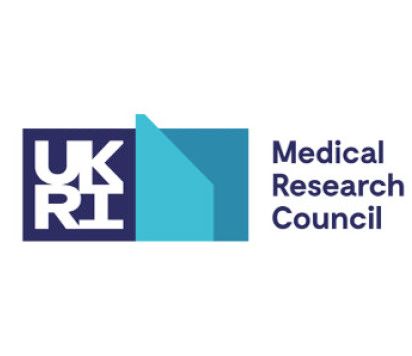Location: Level 7 Sir Michael Uren Hub, White City Campus
Technique: DNA amplification
Manufacturer: Applied Biosystems
View product webpage
Real-time PCR (qPCR) allows the specific detection and quantification of nucleic acid targets. Unlike traditional PCR amplification, qPCR includes the additional detection of a fluorescent signal after each cycle to monitor the number of DNA amplicons in the sample as the reaction progresses, eliminating the need for an extra gel electrophoresis detection step. This in turn allows the determination of the absolute quantity of target DNA in the original sample.
Real-time PCR assays have become the tool of choice for the rapid and sensitive determination and quantitation of nucleic acid in various biological samples, with diverse applications such as gene expression analysis.
How temperature and circadian rhythms intersect to regulate a protein shown to protect against neurodegeneration
A new study led by Dr Marco Brancaccio (UK DRI at Imperial) and Dr Marieke Hoekstra (former UK DRI at Imperial, now VIB-KU Leuven Center for Brain & Disease Research) offers a deeper insight into how a neuroprotective pathway is regulated both by temperature and the body clock. This research, published in the journal PNAS, could open up new therapeutic avenues for neurodegenerative disease. Read more on the UK DRI website
Introducing Cynthia Sandor: Pioneering earlier detection of Parkinson’s
Dr Cynthia Sandor, former Emerging Leader at the UK DRI at Cardiff, joins the UK DRI at Imperial as a Group Leader, where she will be tackling early diagnosis of Parkinson’s.
With a background in genetics, Dr Sandor uses computational methods to bring greater understanding to the underlying molecular mechanisms of Parkinson’s. Read more about Cynthia's work on the UK DRI website.

